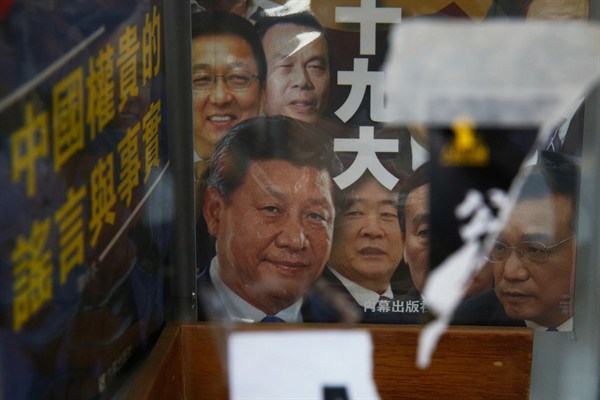Gui Minhai, by most accounts, appeared quite happy with his life as a writer and editor in Pattaya, a seedy seaside resort east of Bangkok. Born in China and holding a Swedish passport, he had been living in a condo and working on books for Mighty Current, a Hong Kong-based publishing house he founded that specialized in steamy—and possibly untrue—tell-alls about the private lives and political in-fighting of leaders of China’s Communist Party. He swam daily and apparently wrote at a desk overlooking the blue-green Gulf of Thailand.
Then, last November, Gui suddenly vanished. Closed-circuit television recordings from his condo complex showed a series of men, who did not speak much Thai, visiting him in October and November. Gui surfaced in China in January and claimed, in a videotaped confession, that he had traveled there of his own accord, to resolve a more than decade-old drunk-driving case. His confession seemed, to many veteran China observers, to be staged and possibly coerced: Gui used language similar to that of other journalists and rights activists who have given public confessions in China.
For the Chinese government, targeting critics outside its borders is not completely new, as Fred Hiatt recently noted in The Washington Post. But over the past two years, the number of Beijing’s critics targeted outside China’s borders appears to have grown significantly as China’s ability to reach those critics—by persuading countries to deport them or just abducting them—has increased.

